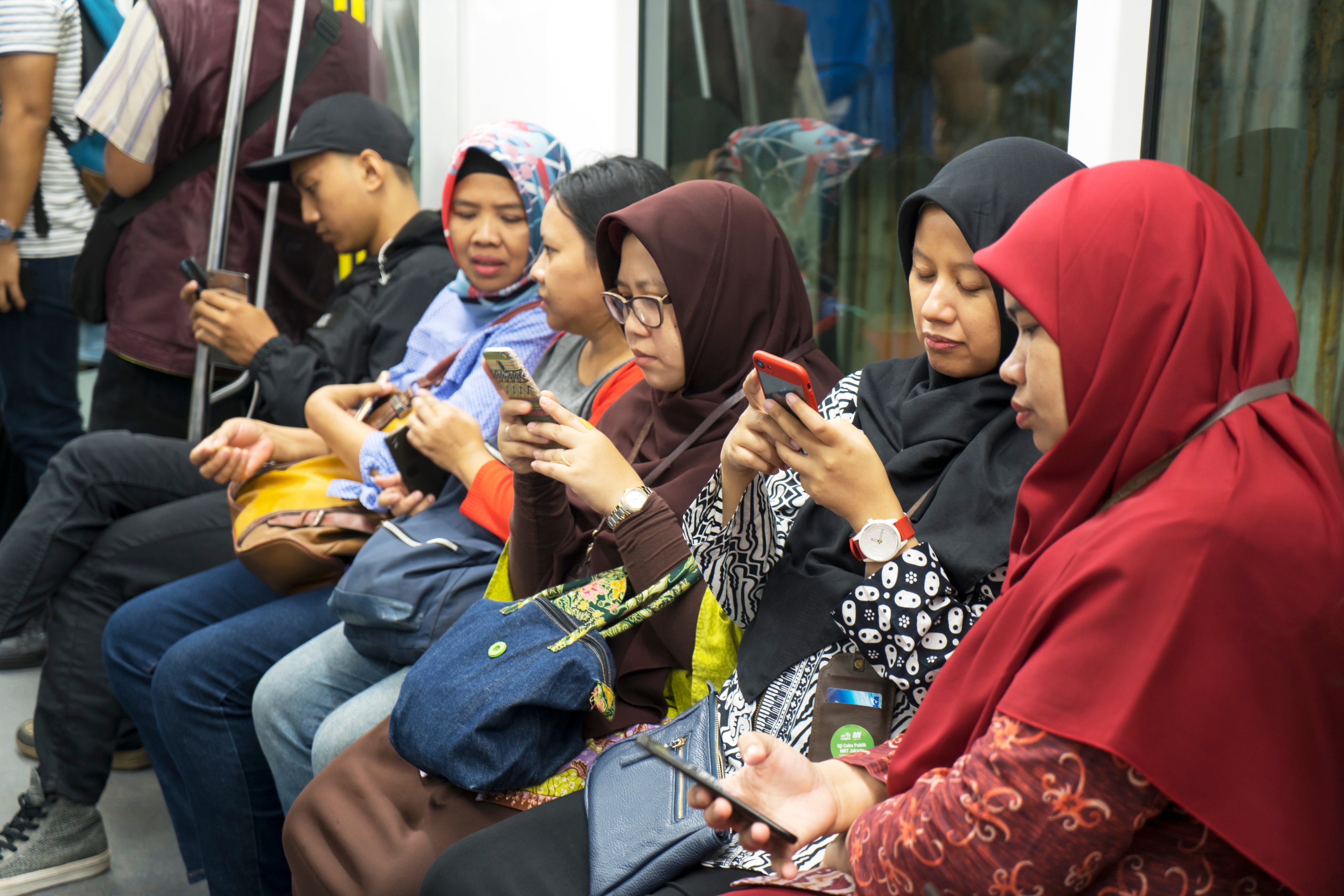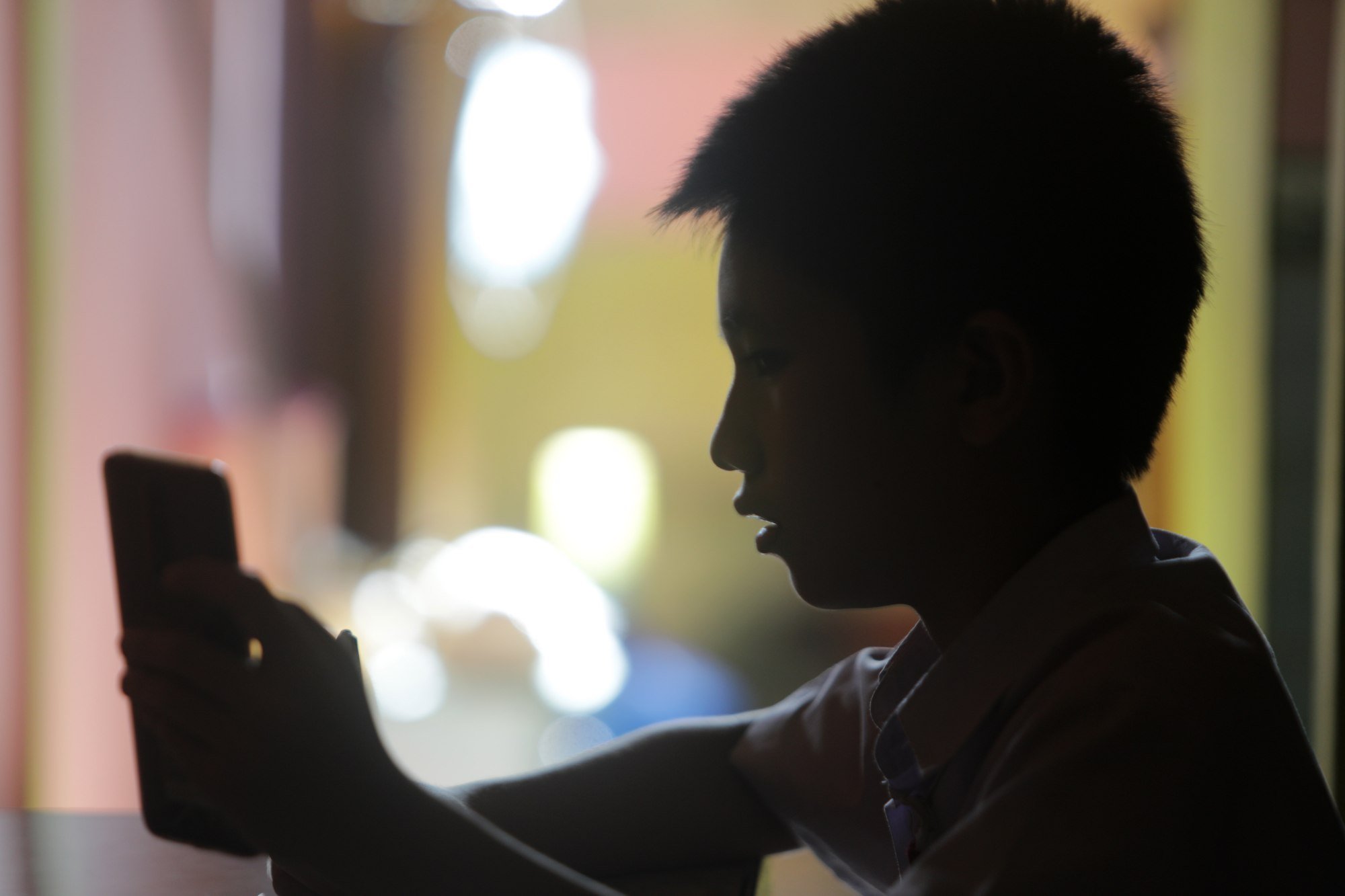Indonesia’s wiretap pact could create digital dragnet for dissent, critics warn
The deal gives prosecutors direct access to telecoms’ user data, raising fears of unchecked surveillance powers

A wiretapping agreement between Indonesia’s prosecutors and the country’s biggest telecoms firms has drawn criticism from rights groups warning it could enable mass unchecked surveillance, even as officials defend the deal as a crucial tool for law enforcement.
The memorandum of understanding, signed last month between the Attorney General’s Office (AGO) and four major telecommunications providers, allows prosecutors to access user data and intercept communications for investigative purposes.
The AGO confirmed in a statement on June 25 that the deal covers “the installation and operation of information interception devices” as well as the “provision of telecommunications information recordings”.
Deputy Attorney General for Intelligence Reda Manthovani, who signed the agreement, described the collaboration as “crucial” to the AGO’s intelligence efforts, which are focused on gathering data to support investigations. He said access to reliable information – referred to as “A1” data – could help locate fugitives and aid prosecutions.
“Data or information with A1 qualification certainly has various benefits, including at a practical level such as searching for fugitives or wanted lists, collecting data to support law enforcement,” he said. He added that such surveillance activities fall within the AGO’s mandate under a 2021 law governing the prosecutor’s office.
The deal was signed with Telekomunikasi Indonesia, Indosat and XLSmart Telecom Sejahtera – providers that together account for a dominant share of the Indonesian mobile market.
Threat to privacy?
Civil liberties advocates have expressed alarm over the agreement, saying it lacks proper oversight and threatens Indonesians’ constitutional right to privacy. A coalition of seven civil society groups urged the AGO to withdraw the agreement, citing concerns over its legality and the risk of abuse.
In a June 26 statement, the coalition cited Article 40 of Indonesia’s 1999 Telecommunications Law, which prohibits the interception of communications without legal authorisation. “Without fulfilling a number of requirements and procedures, wiretapping actions involving telecommunications operators can be classified as a violation of the law,” it said.
The coalition also stressed that, in the context of law enforcement, interception of private communications must be authorised by a judge and carried out on a case-by-case basis.
In Indonesia, mobile phone numbers must be registered using a national identity card, or KTP, which can be linked to up to three numbers. Rights groups argue this system makes individuals easier to track and raises the stakes for privacy protections.
House Speaker Puan Maharani added her voice to the criticism, saying in a statement released on June 27 that the AGO “must pay attention to the right to personal data protection because the right to privacy is a constitutional right”.
Unhandled type: inline-plus-widget {“type”:”inline-plus-widget”}
Amnesty International Indonesia has warned the pact could become a gateway to indiscriminate surveillance. “Under the gaze of the state, this new policy functions as a mass surveillance dragnet, enabling authorities to indiscriminately monitor nearly anyone in Indonesia,” executive director Usman Hamid said on July 15.
“The new wiretapping MOU does not specify basic and critical elements of lawful surveillance, such as the need for a court order, the maximum duration of surveillance, the people who can authorise it, the period of surveillance, or what mechanisms exist to prevent abuse,” he added.
Kezia Khatwani, a researcher at Jakarta-based rights group Elsam, said the lack of legal clarity and judicial oversight in the agreement left it open to misuse.
“The context of law enforcement in this case is still not [clear]. Currently, there is no law that specifically regulates wiretapping, and the Criminal Procedure Code has not yet made this part of procedural law. Without clear safeguards this will be dangerous,” Kezia said.
“The lack of oversight mechanisms by judicial institutions also raises concerns that this practice could target civil society groups, journalists, human rights defenders, and other vulnerable groups.”

Rights groups and pro-democracy activists have warned that Indonesia’s democratic space has shrunk in recent years, particularly in areas such as press freedom and freedom of expression. In March, for instance, the Jakarta office of investigative magazine Tempo received a severed pig’s head and a box containing six dead rats – an act widely seen as an attempt to intimidate its journalists.
Indonesia is not alone in facing scrutiny for expanding state surveillance. Governments in the United States, Thailand, Vietnam, and China have also faced accusations of overreach in monitoring digital communications.
In response to the backlash, Harli Siregar, a former spokesman for the AGO, defended the pact as a necessary tool for criminal investigations.
“Personal data will be protected, but still we need to find perpetrators [of crimes],” he said.
Responding to the criticism, Harli – who served as spokesman for the Attorney General’s Office until mid-July – assured the public that wiretaps would not breach their right to privacy and would only be conducted for law enforcement purposes.
“Personal data will be protected, but still we need to find perpetrators [of crimes],” he told reporters on July 1.
Anang Supriatna, who replaced Harli as AGO spokesman on July 16, did not immediately respond to requests for comment from This Week in Asia.